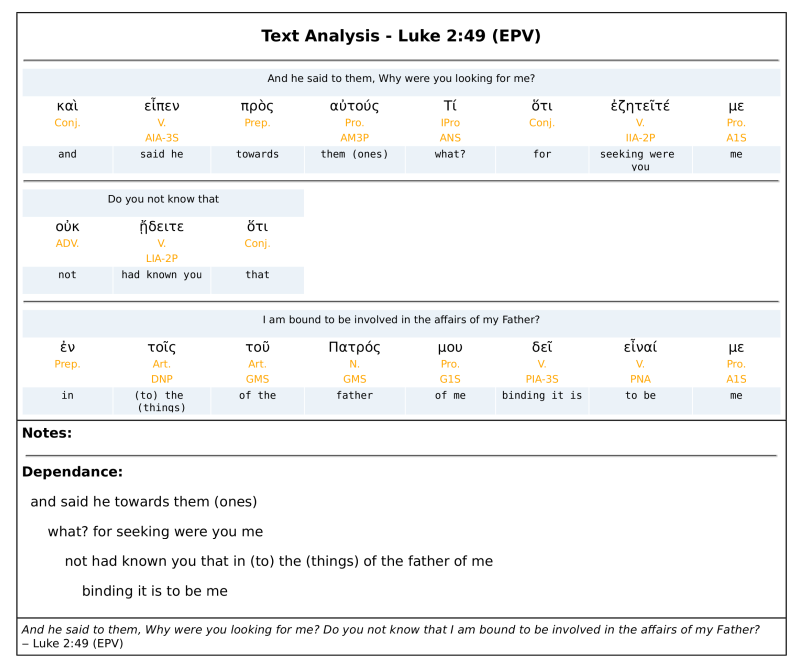The Greek definite article, and in particular, the neuter plural (as here), is very frequently used in “elliptic” expressions. The standard dictionary of classical Greek (Liddell/Scott/Johns) says:
http://perseus.uchicago.edu/cgi-bin/philologic/getobject.pl?c.51:1:1.LSJ:
elliptic expressions : 1 before the gen. of a pr.n., to express
descent, son or daughter, Θουκυδίδης ὁ Ὀλόρου (sc. υἱός) Th.4.104 ;
Ἑλένη ἡ τοῦ Διός (sc. θυγάτηρ) E.Hel.470 : also to denote other
relationships, e.g. brother, Lys.32.24, Alciphr.2.2.10 ; ἡ Σμικυθίωνος
Μελιστίχη M.the wife of S., Ar.Ec.46 ; Κλέαρχος καὶ οἱ ἐκείνου Cl. and
his men, X.An.1.2.15 ; ὁ τοῦ Ἀντιγένεος the slave of A., Hp.Hum.20.
2 generally, before a gen. it indicates a wider relation, as τὸ τῶν
νεῶν, τὸ τῶν Ἑρμῶν, the matter of the ships, the affair of the Hermae,
Th.4.23,6.60 ; τὰ τοῦ Ἀρριβαίου πράσσειν to promote the interests of
Arrhibaeus, Id.4.83, cf. 6.89, etc.; τὸ τῆς τύχης,=ἡ τύχη, Id.4.18 ;
τὰ τῆς τύχης accidents, chance events, ib.55 ; τὰ γὰρ φθιτῶν τοῖς
ὁρῶσι κόσμος performance of the rites due to the dead befits the
living, E.Supp.78(lyr.); τὰ τῶν θεῶν that which is destined by the
gods, S.Tr.498(lyr.) : hence with neut. of Possessive Pron., τὸ ἐμόν,
τὸ σόν, what regards me or thee, my or thy business or interests,
S.Aj.124, El.251, etc.: and with gen. of 3 pers., τὸ τῆσδε E.Hipp.48.
But τό τινος is freq. also, a man's word or saying, as τὸ τοῦ Σόλωνος
Hdt.1.86 ; τὸ τοῦ Ὁμήρου as Homer says, Pl.Tht.183e ; also τά τινος
so-and-so's house, Ar.V.1432, D.54.7, Theoc.2.76, Herod.5.52,
Ev.Luc.2.49.
So, as you see, the authors think that here in Ev.Luc.2.49 ἐν τοῖς τοῦ πατρός μου means “at my father’s house”, or, as we can say, equally elliptically, in English “at my father’s”. “Ellipsis” does not mean that something is missing in the text, but merely that we are not specifying something that is obvious. At the same time, I am not sure that this is the very best translation in this particular context. It could just as well mean “at my father’s business”, like
τὰ τοῦ Ἀρριβαίου πράσσειν to promote the interests of Arrhibaeus
Linguistically, both are possible, and both are equally good classical Greek.
